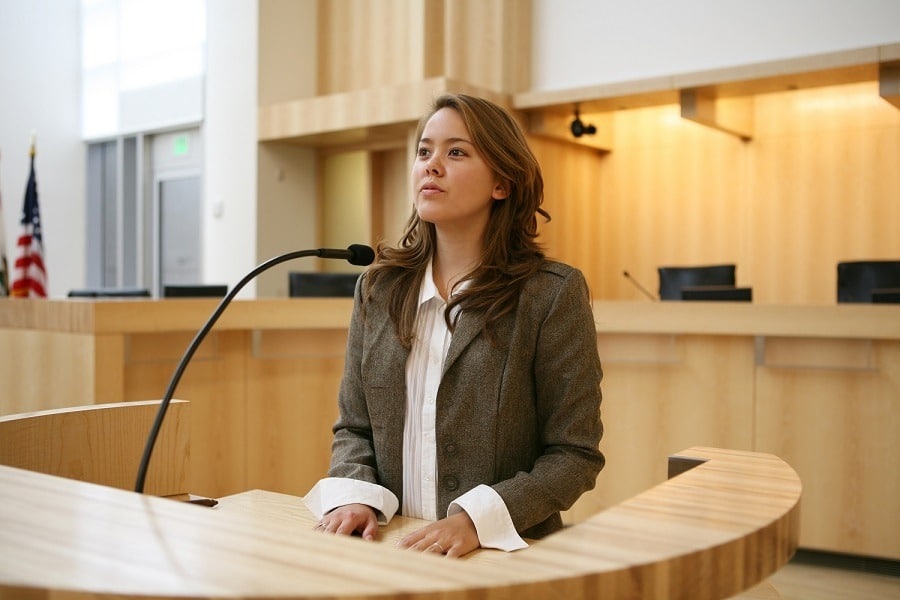Can I Refuse To Testify Against My Husband Or Wife In A Baltimore Assault Case?

Maryland substantive evidence law creates two situations where one spouse cannot be forced to testify against the other.
In a criminal case, such as a second-degree assault prosecution in Maryland, a spouse is granted a one-time right to refuse to testify against the other spouse.

There are some important things to note about the existence of this right, or privilege as is it called. It exists only between current spouses. It is not available to a girlfriend or boyfriend asked to testify against their girlfriend or boyfriend. It is not available to domestic partners. It is not available to those who used to be married. Secondly, it is a one-time only privilege. Once a spouse chooses not to testify against their husband or wife in a criminal case they can never make that choice again in a Maryland criminal prosecution. Indeed the court will retain records that the privilege has been invoked. Finally, this privilege never applies in a case where child abuse is alleged. As Attorney Eric T. Kirk will tell you.
If the State as its only evidence the testimony of an alleged victim who later chooses not to testify, obviously their case is in jeopardy. In many instances, the State may have other evidence that an assault occurred. Moreover, they may seek to circumvent the assertion of the privilege by offering evidence of spousal statements from a source other than from the lips of the spouse [e.g. 911 evidence].
Maryland law also creates another evidentiary privilege. A spouse cannot be compelled to divulge the contents of confidential communications that occurred during the time that the individuals were married.



